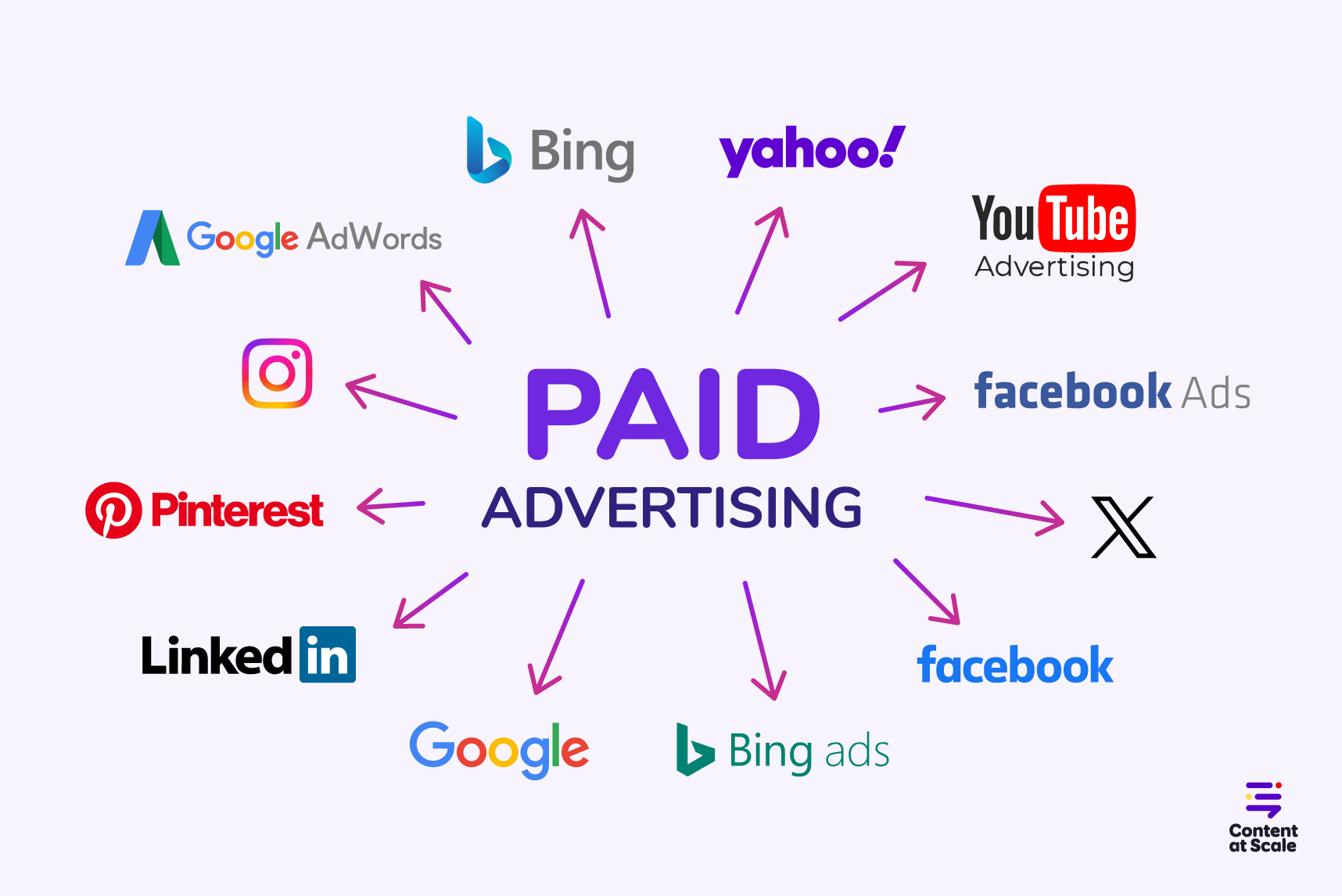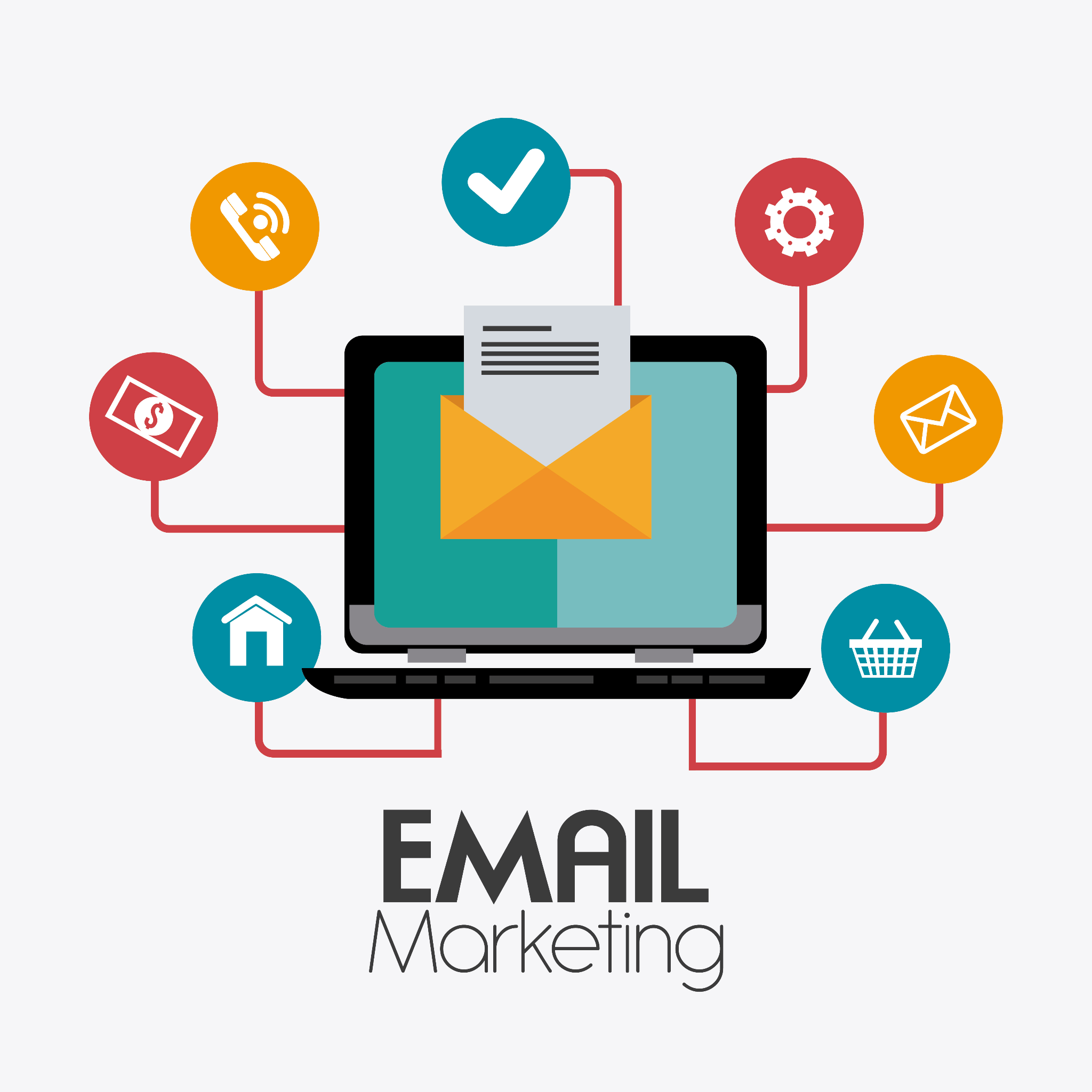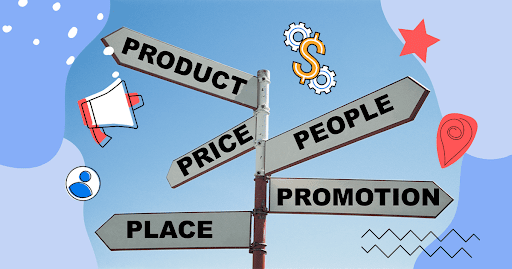BASICS OF DIGITAL MARKETING FOR BEGINNERS
Posted by: MBA Department
Digital Marketing is the use of the Internet and digital technologies to promote products, services, and brands online. It's all about reaching people who spend all their time on social media. In this blog, you can learn the basics of SEO, SEM, Social Media Marketing, Email Marketing, Content Marketing, and paid ads.
Why Digital Marketing?
Digital Marketing is essential because it allows businesses to reach a global audience at a lower cost compared to traditional methods. This enables you to expand your customer base and tap into new markets efficiently.
With Digital Marketing, you can show your ads to the right audience by targeting specific interests and behaviors.
Additionally, Digital Marketing provides detailed analytics and data, allowing you to track metrics like website traffic and conversion rates and helping you refine your strategies for better results.
Is Digital Marketing Easy?
Digital marketing is easy to start but becomes more complex as you dive deeper. Initially, you can set up social media pages, share posts, and run simple ads with basic, step-by-step instructions.
However, to excel in digital marketing, you’ll need to learn advanced SEO, data analysis, and how to create compelling content. Begin with the basics, test what works, and gradually explore more advanced strategies as you improve.
What are the 6 Types of Digital Marketing?
1. Content Marketing
Content Marketing is about creating valuable content to attract and engage your audience. Start by understanding who your audience is and what they need. Then, create high-quality and relevant content.
Share your content on the right platforms and use SEO to improve visibility. Finally, track your results and make improvements based on the data. Content is King—its effectiveness lies in resonating with and providing value to your audience.

2. SEO (Search Engine Optimization)
Search Engine Optimization (SEO) focuses on enhancing your website's visibility on search engines like Google. By improving your site’s quality and using relevant keywords, you can increase your rankings in search results.
This leads to more people finding your website, boosting traffic and attracting potential customers. SEO helps you grow your business by driving organic traffic and increasing your online presence.
.jpg)
3. SMM (Social Media Marketing)
Social Media Marketing (SMM) uses platforms like Facebook, Instagram, Twitter, and LinkedIn to promote your business and connect with customers. It involves creating engaging content, running targeted ads, and interacting with followers to enhance your online presence.
By sharing relevant posts and responding to comments, you build relationships and grow your audience. Tracking your results allows you to refine your strategies and achieve your marketing goals. SMM is crucial for increasing brand awareness and driving success.
.png)
4. SEM (Search Engine Marketing)
Search Engine Marketing (SEM) promotes your business using paid ads on search engines like Google and Bing. When users search for something online, SEM places your ads at the top or bottom of the search results page.
You begin by creating ads and selecting keywords that people commonly use when searching for relevant products or services. Then, you bid on these keywords, setting a budget for how much you're willing to pay per click. Once your ads are live, you track how many people click on them and whether they visit your website or make a purchase.
Based on this data, you can adjust your ads to achieve better results. SEM helps you reach potential customers who are actively searching for what you offer.
.png)
5. PAID ADS
Paid Ads are an affordable way to reach a larger audience and drive traffic to your website. Platforms like Google Ads and Facebook Ads allow you to showcase your ads to a wide range of potential customers. To make your ads more effective, use eye-catching images or videos and include a clear call to action, such as "Shop Now" or "Learn More," to encourage clicks.
Paid Ads help your business stand out online and attract more customers.

6. E-MAIL MARKETING
Email Marketing involves sending targeted emails to promote your business and maintain connections with customers. You collect email addresses, craft various types of emails, and use tools to manage and automate your campaigns.
By tracking results, you can identify what works and make improvements. Email Marketing helps you build relationships, share updates, and drive more traffic to your website.

What Are The 5 Ps of Digital Marketing?
The 5 Ps of Digital Marketing are key concepts that guide you in creating an effective online marketing strategy. Here’s a simple breakdown of each:
1. Product
Your product or service is at the core of your marketing efforts. Understand your audience's needs and ensure your product or service meets them. For example, if you sell shoes, they should be both stylish and comfortable for your target customers.

2. Price
Price refers to how much you charge for your product or service. You can adopt different pricing strategies, such as cost-based pricing or customer-driven pricing. It's important to adjust prices over time to remain competitive and appealing to customers.
3. Promotion
Promotion is all about spreading the word. This includes online ads, social media posts, and influencer partnerships. You don’t always need to spend money; creative methods like discounts, contests, or giveaways can also help boost visibility.
4. Place
Place is where customers find and buy your product or service. In Digital Marketing, this means focusing on your website, mobile apps, and social media channels instead of a physical store. Ensure your online platforms are easy to find and navigate for your customers.
People
People represent your customers and target audience. Understand who they are, what they like, and what they need. Whether your product targets a broad or niche audience, knowing your “tribe” helps craft more relevant marketing messages.
Conclusion
In this blog, you’ve learned the basics and the five Ps of Digital Marketing. Digital Marketing enables you to reach people online through ads, social media, and email. The five Ps—Product, Price, Promotion, Place, and People—are key elements in crafting effective marketing strategies. By focusing on these principles, you can grow your business and drive meaningful results.
